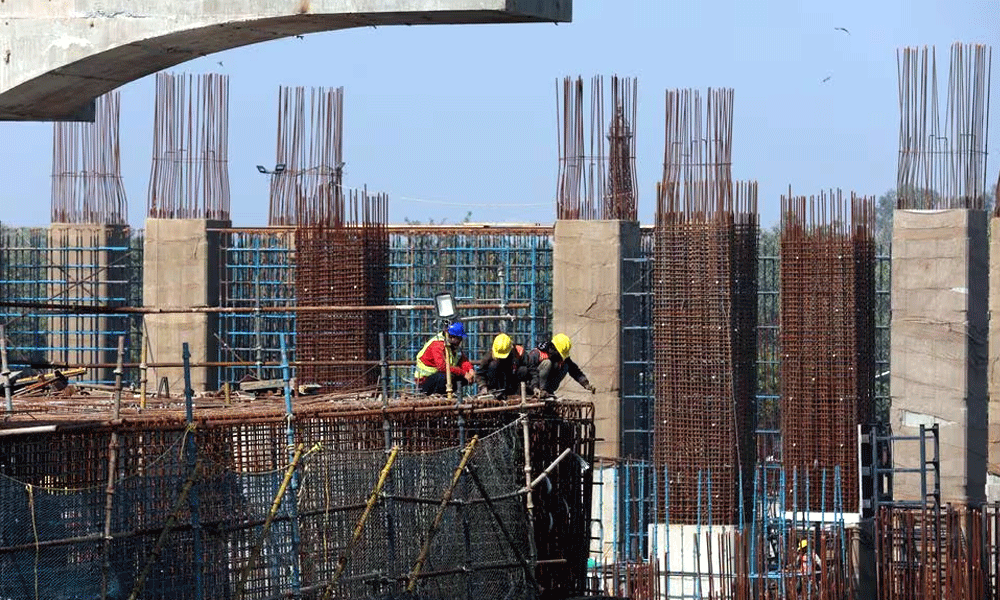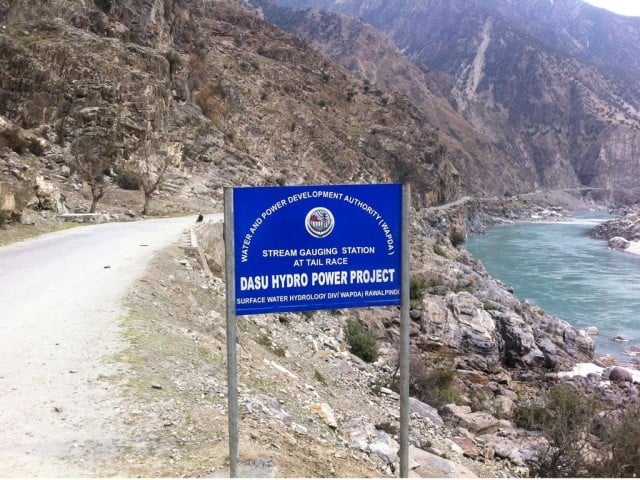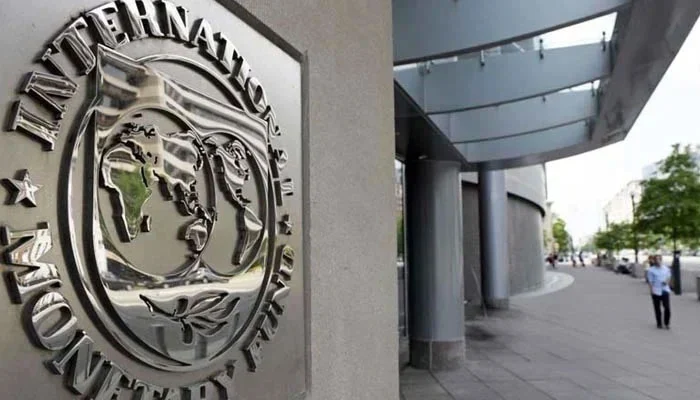PTBP Web Desk
A shocking revelation has emerged from the Auditor General of Pakistan’s (AGP) sectoral audit of taxation in the real estate sector. The report highlights that over 95% of builders and developers who availed the government’s tax amnesty scheme failed to comply with its conditions, leading to a substantial loss of revenue.
The audit sheds light on how weaknesses in enforcement, clustering of cases, and misuse of incentives have undermined the objectives of the construction package that was introduced to revive economic activity in 2020.
In April 2020, the government announced a construction sector package aimed at reviving the industry and stimulating economic growth. The package provided:
- Tax exemptions and reductions on construction materials.
- Special incentives for builders and developers.
- A tax amnesty scheme to encourage disclosure of hidden assets and incomes.
Tax amnesty schemes are often used by developing countries as short-term strategies to broaden the tax net. They allow taxpayers and non-filers to pay a certain amount in exchange for relief on outstanding tax liabilities, avoiding criminal or civil prosecution.
The scheme in Pakistan was introduced under Section 100D of the Income Tax Ordinance, 2001, through the Finance Act 2020. It allowed builders and developers to pay fixed taxes based on project size and completion status, as per the Eleventh Schedule.
Despite these generous incentives, the audit revealed widespread non-compliance:
- Out of 993 builders and developers registered under Section 100D, more than 95% failed to fulfill conditions of the scheme.
- This included delays in documentation, incomplete disclosures, and avoidance of required tax payments.
- Around 57% of taxpayers assessed in Islamabad’s Regional Tax Office (RTO) were identified as non-filers, exposing weaknesses in the enforcement system.
The failure of builders to comply despite availing benefits underscores systemic problems in tax monitoring and recovery mechanisms.
The Auditor General of Pakistan pointed out several critical issues in the implementation of the scheme:
- Loss of Revenue – Despite receiving incentives, taxpayers did not meet obligations, leading to significant losses for the national exchequer.
- Weak Enforcement – Non-filers continued to operate without accountability, reflecting poor monitoring by tax authorities.
- Benami Transactions – Many individuals concealed property ownership by using proxies or nominees, a practice that undermines transparency.
- Clustering of Cases – All builder and developer cases from Punjab and Khyber Pakhtunkhwa were consolidated into Islamabad’s RTO by June 2023. This clustering impaired monitoring and caused unnecessary hardships for taxpayers.
- Jurisdiction Transfers – Out of 11,243 cases, around 3,702 were reassigned to different tax offices due to administrative challenges. The frequent transfers delayed assessments and recovery of taxes.
- Invalid Challans – Some withholding agents failed to provide proper details like CNICs, NTNs, and addresses on tax challans. Yet, the Inland Revenue Information System (IRIS) processed these challans, allowing incorrect claims of tax credits and promoting further benami practices.
The AGP has strongly recommended that the Federal Board of Revenue (FBR) tighten regulations and strengthen enforcement of anti-benami laws to curb proxy transactions in the real estate sector.
The audit also noted that the decision to centralize cases in Islamabad was not well thought out. Instead of streamlining operations, it overburdened the RTO Islamabad, disrupted assessments, and delayed recoveries.
Additionally, the frequent jurisdiction transfers created confusion and slowed down enforcement actions. Experts believe that such administrative mismanagement contributed to taxpayers exploiting loopholes without facing consequences.
The findings raise serious concerns about the effectiveness of tax amnesty schemes in Pakistan. While these schemes are intended to expand the tax net and increase revenue, weak enforcement often leads to abuse.
The real estate sector, one of Pakistan’s largest contributors to GDP, remains plagued by undocumented transactions and benami ownership. Unless authorities strengthen oversight, the sector will continue to serve as a haven for tax evasion.
The AGP’s audit is a wake-up call for policymakers. Without strong monitoring mechanisms, amnesty schemes risk becoming mere tools for temporary relief rather than meaningful reforms.
The Federal Board of Revenue has been urged to:
- Improve documentation requirements for immovable properties.
- Enforce stricter penalties on non-filers and defaulters.
- Ensure that digital systems like IRIS are not exploited to process invalid challans.
- Strengthen anti-benami laws to prevent concealment of property ownership.
Experts also recommend greater collaboration between tax authorities, financial institutions, and provincial governments to ensure transparency in the real estate sector.




